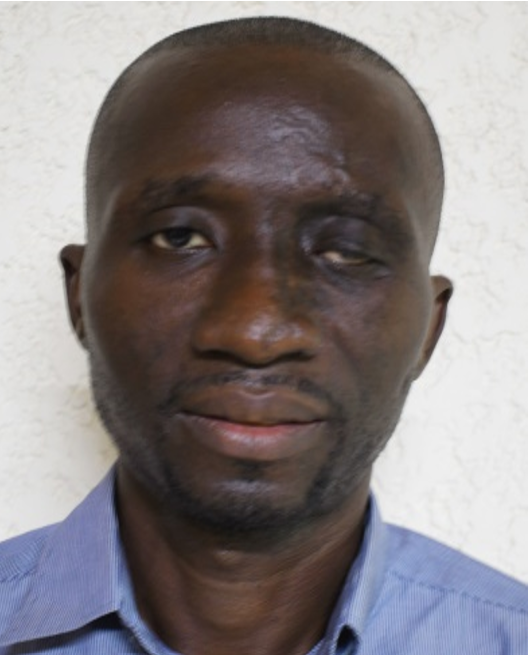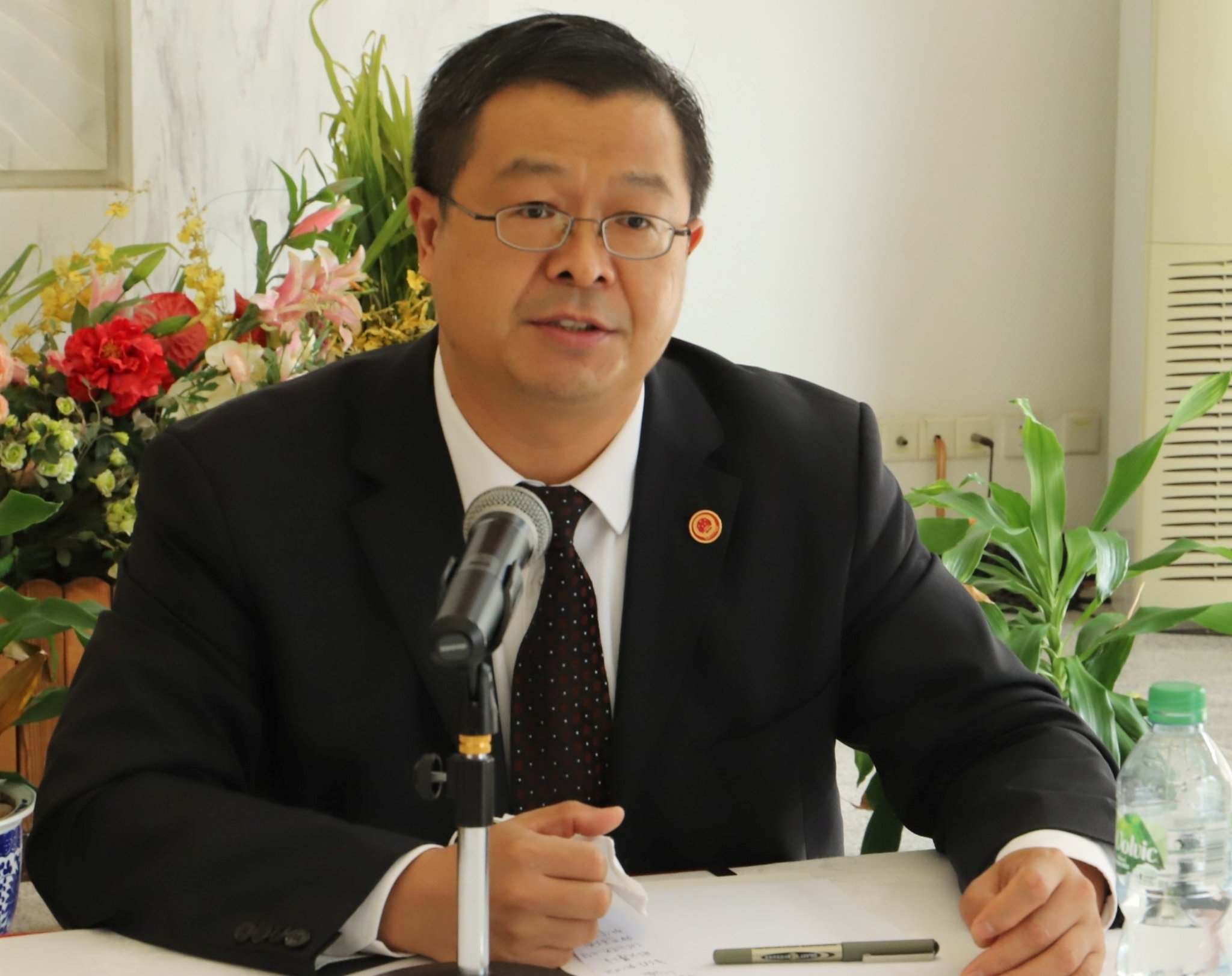By Francis F. M. Harding
The former United Nations Secretary-General Ban Ki-Moon said “As many micro-credit schemes across the world can testify, investment in women is the best investment for the future.”The number of female entrepreneurs in Sierra Leone is on the rise, with more than 60% of macro-enterprises and of the small enterprises owned by women. But when it comes to getting loans to grow the business, small businesses often find financing hard to come by and one of the problems is often a poor credit score. The women of Sierra Leone contribute to the economic growth and sustainable livelihood of their families worldwide.
The role of financial services to people in need in an emerging and developing country like Sierra Leone can be a highly effective tool to lift people out of poverty, financially empower them and offer them genuine opportunities for personal development and education.
Microfinance is of course one of the major tools for increased finances including microcredit, savings and micro insurance. Microfinance can provide very small loans- for example, from Le1, 000 to Le2, 000 and accept saving deposits of less than Le250, which, despite the small size, can be essential for creating income-generating activities and sustainable livelihoods. The benefits of microfinance are numerous and well documented, especially as they relate to a country’s effort in reducing poverty. I would however attempt to look at how households increase incomes to build assets and reduce their vulnerability in times of economic stress.
With better access to micro credit services on continuing basis, the poor, particularly women, become more active partners and more importantly, pro-active partners, in the development process. Though micro has been used in different ways in various forms in the recent years to address the needs of the most vulnerable in Sierra Leone, the providers of this micro credit have had an uncoordinated framework with each implementing its own scheme, at times creating an unnecessary duplication and waste in the use of the scarce resources. One main importance micro credit offers customers who are first-time account holders who might have found it difficult to open accounts. Micro credit loan has recorded a formidable and impressive rate. Microcredit activities now include products such as credit, micro insurance, mobile banking, etc, which are designed to increase the product portfolio and provide customers with a variety of products that are easily accessible.
With the increased efforts to further institutionalize microfinance activities in the country, we will see a wider variety of micro finance products for small-scale producers.
If the Bank of Sierra Leone provides the enable environment to foster an efficient, sound and stable financial sector including microfinance. Micro-finance help empower women from poor households to make this contribution. Micro finance – the provision of financial services to the poor in a sustainable manner – utilize credit, savings and other products such as micro-insurance to help families the advantage of income-generation activities and better cope with risk. Women particularly benefit from micro-finance as many micro-finance institutions (MFIs) target female clients. Micro-finance service lead to women’s empowerment by positively influencing women’s decision-making power and enhancing their overall socio-economic status. Micro-finance has the potential to make a significant contribution to gender equality and promote sustainable livelihoods and better working conditions for women.
Why the micro-finance institutions are targeting women, for far too long women has been struggling to earn living for her and children. Seventy percent of the world populations are women. In Sierra Leone, women constitute the largest population; they make up about 52 per cent of the population. Yet women have been disadvantaged in access to credit and other financial services. Children of women micro-finance borrowers also reap the benefits, as there is an increased likelihood of full-time school enrolment and lower drop-out rates. Micro-finance makes strong contribution to the realization of the Sustainable Development Goals. Women, as it turns out, are an excellent risk.
Worldwide, micro-finance loans serve almost 20 million people living in poverty. About 74% of these clients are women. In Sierra Leone, half of the loan clients are women. It is true that women tend to make their payments more reliable than men. But more importantly, a loan in the hands of woman has a better chance to change not just her life, but to improve her children’s opportunities and her society’s prosperity. Why is the combination of micro finance and women so potent? Women who provide for themselves and their families are empowered. They have a greater sense of self-worth and increased confidence in their abilities. Women who succeed economically also believe in their right to make decision about their own lives.
Furthermore, the improved condition of a few women benefits the larger society. Studies show that low status for women obstructs a country’s economic development. Micro finance offers women the chance to enter the public sphere as business women, expanding their roles beyond housewife to breadwinner. As women participate in the economy, they also become more involved socially and politically. Within their communities they may advocate for changes that will better their own lives and these of other girls and women. More families will pay for their girls to attend school if they see women putting their education to use. To date, however, we see very little evidence that micro-finance institutions has woken up to the full extent of the crisis we have got as a country.
In concluding, the micro-finance industry in Sierra Leone was built through collective action, bringing together providers, donors, investors, policymakers, academics and other practitioners to make inclusive financial services available, as they have achieved much together. The people’s need to mobilize as an industry to ride out and secure the hard-won gains. As women has been contributing into the informal economy of the country, women in the twenty first century see education as the key to more opportunities for girls and women across the board. Educated girls tend to delay marriage and motherhood. They are a more likely to seek medical care for themselves and their children. They are more apt to encourage their own children to stay in school longer. For women using micro finance, education broadens their business skills. As many micro-finance institutions provide training for women in basic math, writing, policy and advocacy are in better position to work for themselves. What is exciting about women and micro finance is positive loop. As women prosper, they invest in their sons and daughters education and health, and elevate the status of women in their communities. Finally, when it comes to micro finance, women seem to have a magic touch on it.










